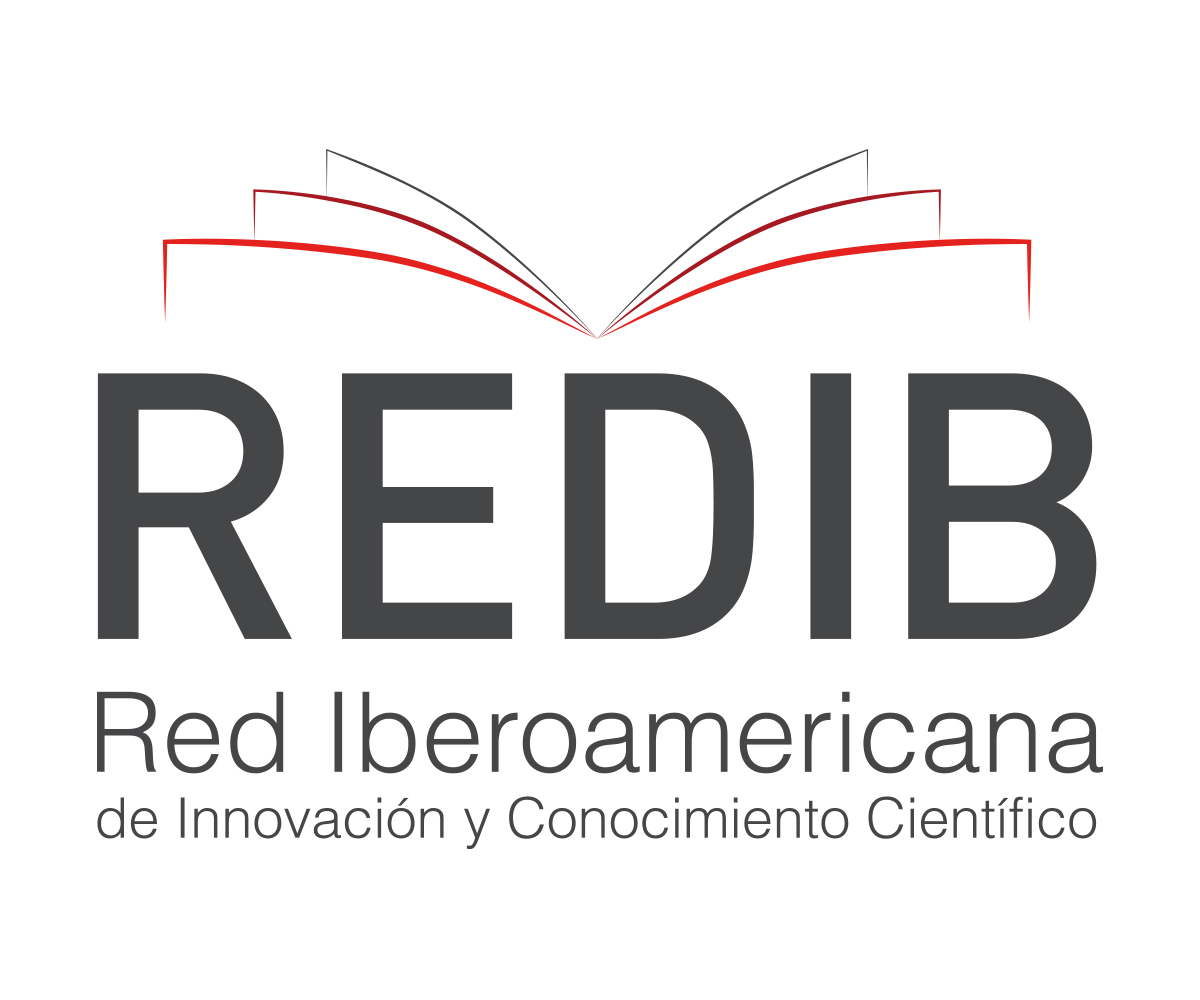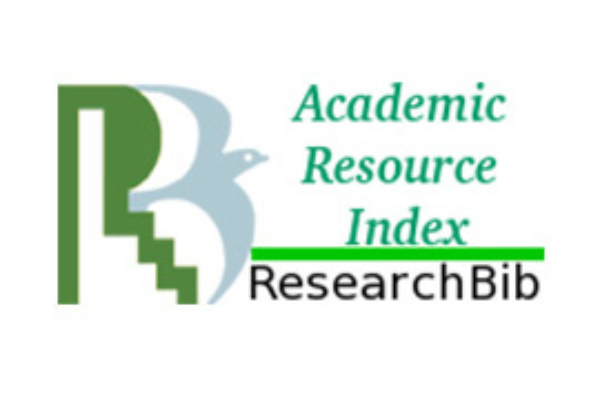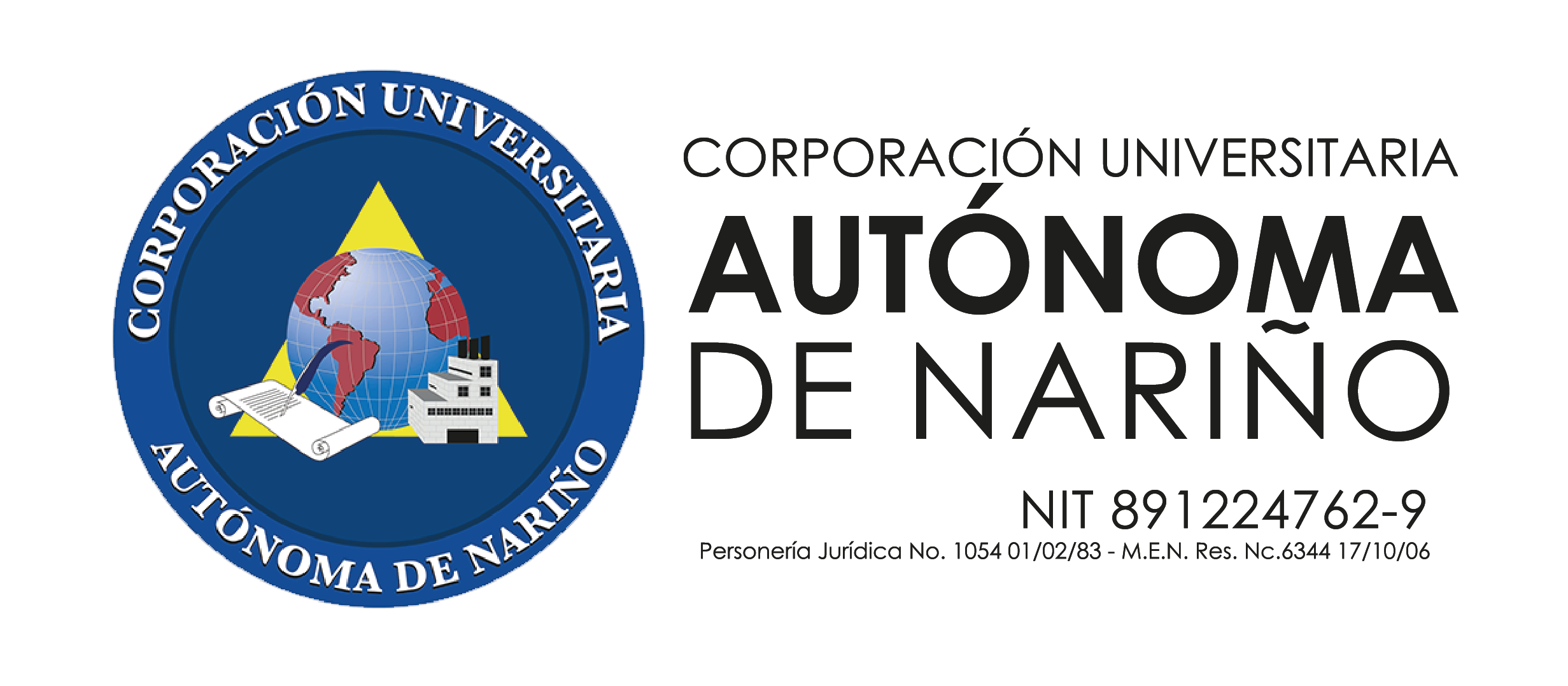Clima organizacional durante la pospandemia: Estudio del área administrativa en una empresa del sector logístico
DOI:
https://doi.org/10.47666/summa.4.2.9Palavras-chave:
área administrativa, clima organizacional, sector logísticoResumo
El clima organizacional es uno de los elementos más importantes en el abordaje y comprensión de las dinámicas laborales que suceden dentro de las empresas en la actualidad; especialmente durante la época de la postpandemia en Colombia a partir del fin del confinamiento. Con base a ello, este estudio se presenta con el objetivo de medir el Clima organizacional del área administrativa de una empresa del sector logístico de la ciudad de Barranquilla (Colombia). En el ámbito metodológico, se destaca que la mencionada investigación se desarrolló desde el enfoque positivista, siendo un estudio de tipo descriptivo con un diseño no experimental y de campo. La muestra estuvo constituida por 46 trabajadores de una empresa del sector logístico de en la ciudad Barranquilla, a quienes se les aplicó un instrumento desarrollado por Litwig y Stringer. Los resultados permitieron observar niveles considerados como desfavorables del clima organizacional dentro de la organización, especialmente en las dimensiones Estructura, Responsabilidad, Recompensa, Riesgo, Calidez, Apoyo y Conflicto. Se concluye que en estos casos de una percepción desfavorable es recomendable la puesta en marcha de estrategias encaminadas a la intervención del clima organizacional, comenzando por una auditoria estructural sobre las dimensiones con resultados más bajos.
Downloads
Referências
Acosta, B., y Venegas, C. (2010). Clima organizacional en una empresa cervecera: un estudio exploratorio. Revista de investigación en psicología, 13(1), 163-172.
Adamovic, M., Gahan, P., Olsen, J., Gulyas, A., Shallcross, D., y Mendoza, A. (2021). Exploring the adoption of virtual work: the role of virtual work self-efficacy and virtual work climate. The International Journal of Human Resource Management, 1-34. https://doi.org/10.1080/09585192.2021.1913623
Araujo, J. (2020). Violación de los derechos humanos en Venezuela: la otra cara de la pandemia. SUMMA. Revista Disciplinaria En Ciencias económicas Y Sociales, 2(Especial), 87-115. https://doi.org/10.47666/summa.2.esp.08
Argadinata, H. (2022). Corrective Culture and Organizational Climate as Determiners of Teachers Motivation in Schools. International Research-Based Education Journal, 4(1), 43-55. http://dx.doi.org/10.17977/um043v4i1p43-55
Brunet, L. (2011). El Clima de Trabajo en las Organizaciones. Trillas: México.
Charry, H. O. (2018). La gestión de la comunicación interna y el clima organizacional en el sector público. Comuni@ cción, 9(1), 25-34.
Contreras, B., y Matheson, P. (1984). Una herramienta para medir clima organizacional: Cuestionario de Litwin y Stringer. Revista de trabajo social, 27-37.
Cortés-Rodríguez, D. A., y Pacheco, S. L. (2019). Propuesta pedagógica para el mejoramiento del clima organizacional. Encuentros, 17(01), 145-161. https://doi.org/10.15665/encuent.v17i01.1674
Cotofan, M., De Neve, J. E., Golin, M., Kaats, M., y Ward, G. (2021). Work and well-being during COVID-19: impact, inequalities, resilience, and the future of work. World Happiness Report, 153-190.
Daza Corredor, A., Beltrán García, L. D. J., y Silva Rodríguez, W. J. (2021). Análisis del clima organizacional en las empresas del sector palmero de la región Caribe colombiana. Revista Facultad de Ciencias Económicas: Investigación y Reflexión, 29(1), 65-76. https://doi.org/10.18359/rfce.4233
De La Hoz, A., González, M., Lugo, E., y Arenilla, M. (2020). Aplicabilidad del principio contable de negocio en marcha en tiempos de COVID-19. SUMMA. Revista disciplinaria en ciencias económicas y sociales, 2(Especial), 141-154. https://doi.org/10.47666/summa.2.esp.10
García García, I. y Sánchez Santa-Bárbara, E. (2008). Clima psicológico y estilos de 7. liderazgo. Revista de Trabajo y Seguridad Social. CEF, 299: 217-264
García J. Duran, S. y Prieto R. (2017). Políticas de gestión de talento humano para el desarrollo de competencias gerenciales en empresas metalmecanica. FACE: Revista de la Facultad de Ciencias Económicas y Empresariales, 17(2), 130-141.
García, M. (2009). The Organizational Climate and its Diagnosis a Conceptual Approximation. Cuadernos de Administración (Universidad del Valle), (42), 43-65.
Gil, C. H., Carvajal, D. J. A., y Trujillo, A. V. (2018). Estudio de clima organizacional en una pyme de telecomunicaciones de Florencia, Caquetá, Colombia: aproximación al modelo Litwin y Stringer. Revista Criterios, 25(1), 39-59. http://ojseditorialumariana.com/index.php/Criterios/article/view/1718
Gómez Rada, C.A. (2004). Diseño, construcción y validación de un instrumento que 8. evalúa clima organizacional en empresas colombianas, desde la teoría de la respuesta al ítem. Acta colombiana de psicología, 11, 97-113.
Koontz, H. (2012). Elementos de Administración. Editorial Mc Graw Hill. México
Litwin, G.H. y Stringer, R.A. (1968). Motivation and organizational climate. Boston: Harvard Business School Press.
Mendoza-Ocasal, D., Castillo-Jiménez, R., Navarro, E., y Ramírez, J. (2021). Measuring workplace happiness as a key factor for the strategic management of organizations. Polish Journal of Management Studies, 24(2). https://doi.org/10.17512/pjms.2021.24.2.18
Núñez, L. N., Guerra, S. J. D. L. O., y Martínez, K. D. G. (2019). Gestión humana en pymes: herramientas para organizaciones altamente efectivas. Aglala, 10(2), 111-121.
Parra, M. A., Rocha, G., y Durán, S. (2021). Liderazgo como prospectiva del clima organizacional en el sector hotelero. Revista de ciencias sociales, 27(2), 217-227. https://doi.org/10.31876/rcs.v27i2.35908
Parra, M., Duran, S. E., Marceles, V., Yarzagaray, J., Valenzuela, I., Payares, K., y Ramirez, J. (2018). Factores del clima organizacional existentes en el área administrativa en empresas de Barranquilla. Revista Espacios, 39(50).
Pedraza Melo, N. A. (2020). El clima y la satisfacción laboral del capital humano: factores diferenciados en organizaciones públicas y privadas. Innovar, 30(76), 9-23. https://doi.org/10.15446/innovar.v30n76.85191
Pusvitasari, R. (2021). Human Resource Management in Improving The Quality of Education. Al-Tanzim: Jurnal Manajemen Pendidikan Islam, 5(2), 125-135. http://doi.org/10.33650/al-tanzim.v5i2.2549
Raes, A. M., De Jong, S. B., y Bruch, H. (2022). Setting the tone at the top: How the interface processes of organizational climate and non-TMT Managers' leadership transmit TMT cohesion to employees. Long Range Planning, 55(3). https://doi.org/10.1016/j.lrp.2021.102157
Ravina-Ripoll, R., Romero-Rodríguez, L. M., y Ahumada-Tello, E. (2021). Workplace happiness as a trinomial of organizational climate, academic satisfaction and organizational engagement. Corporate Governance: The International Journal of Business in Society, 22(3), 474-490. https://doi.org/10.1108/CG-12-2020-0532
Rodríguez-Rodríguez, J., y Reguant-Álvarez, M. (2020). Calcular la fiabilidad de un cuestionario o escala mediante el SPSS: el coeficiente alfa de Cronbach. REIRE Revista d'Innovació i Recerca en Educació, 13(2), 1-13. https://doi.org/10.1344/reire2020.13.230048
Shafiuddin, M., Durrani, B., Al-Bulushi, A. R. A. K., Al _Farsi, T. S. I., y Al-Hosni, R. (2022). Importance of Human Resource Management in Risk Management: A study with IT Industry. Sch J Econ Bus Manag, 4, 63-69. https://doi.org/10.36347/sjebm.2022.v09i04.001
Thompson, A., y Bruk-Lee, V. (2021). Employee happiness: Why we should care. Applied Research in Quality of Life, 16(4), 1419-1437. https://doi.org/10.1007/s11482-019-09807-z
Ubilla, M. A. B., Maza, M. D. C. L., Sánchez, M. T., y Lapo, M. D. L. Á. N. (2018). Origen, desarrollo y evolución del constructo clima organizacional. Revista Empresarial, 12(46), 12-23. https://doi.org/10.23878/empr.v12i46.122
Uddin, M. (2021). Addressing work‐life balance challenges of working women during COVID‐19 in Bangladesh. International Social Science Journal, 71(239-240), 7-20. https://doi.org/10.1111/issj.12267










.jpg)

.png)
.png)











